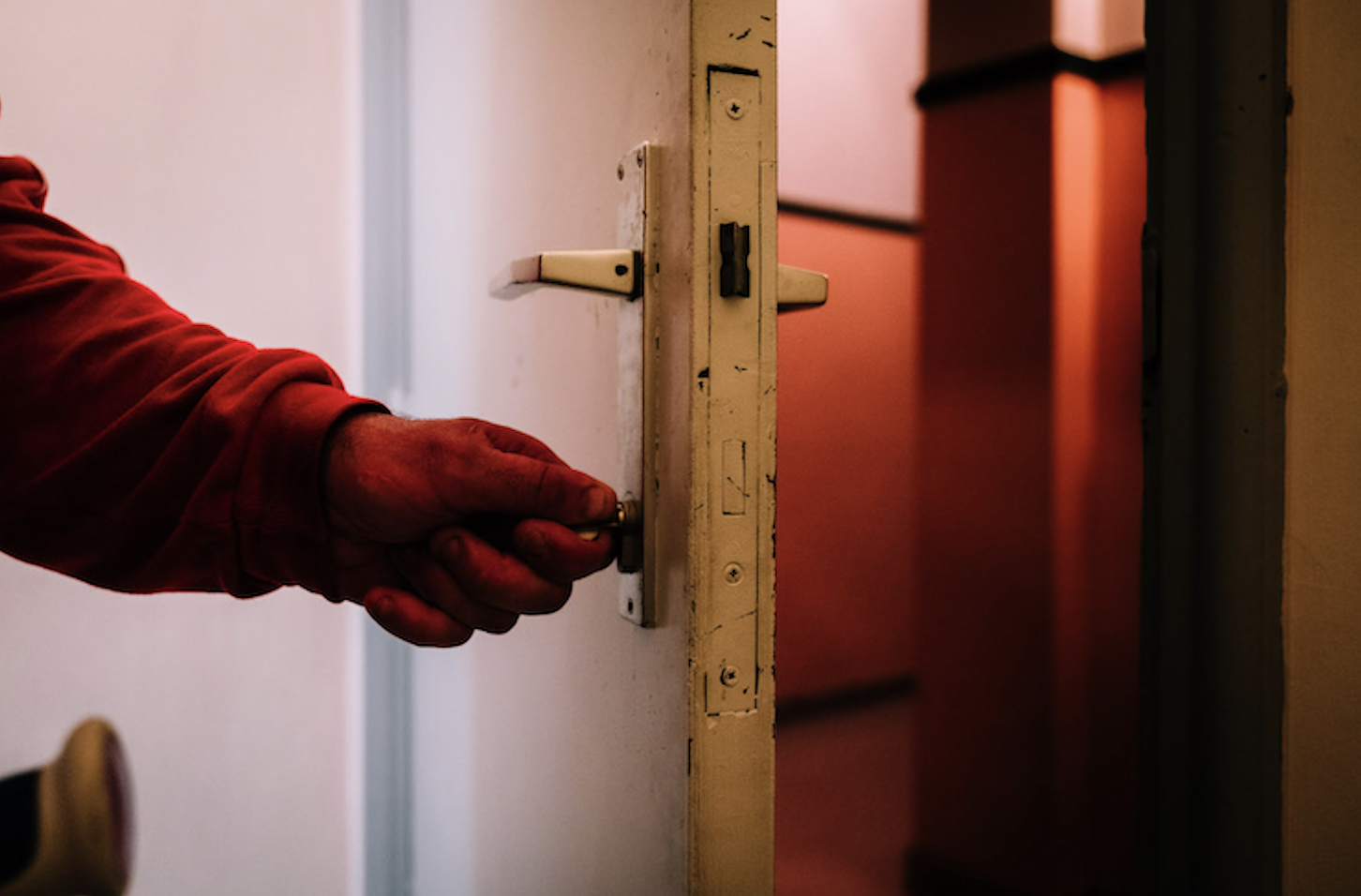It's simple: the solution for homelessness is housing. Yet in 2023 more than 200 people still sleep in the streets of Liège. What are the challenges and how can we tackle them? Hélène, housing manager at Infirmiers de Rue Liège, gives some answers.
Challenge 1: Motivate people to get off the street.
Leaving the street takes time, but it is possible. Even for the most vulnerable homeless people. Hélène: "The people we follow have spent a few years on the street and they have various problems related to mental health, addictions, social isolation, discrimination… Each of these factors makes it more difficult to move back into a home."
To achieve this, the Infirmiers de Rue team relies on creating a bond with its patients. "We must give people time to make contact and build a relationship of trust. Then we can discuss the practical aspects, such as restoring their administrative rights and income. And finally, we can look for a home ... and that's my job."
> We need EUR 50,000 to finance our work in Liège ... Make a gift !
Challenge 2: guarantee rental payment
Nobody wants to let their home without a payment guarantee. Therefore, the first thing a broker or owner asks is proof of monthly income from the past three months. Hélène: "In order to respond in time, our patients must have received their income for three months. In general, they receive a living wage from public social welfare or disability benefits, but this type of income comes with all kinds of prejudices that do not reassure homeowners and make access to housing more difficult."
Proof of payment for the last three months' rent is often also required. "This is impossible for someone who lives on the street... So we have to give up that home."
Challenge 3: Combating discrimination on appearance
If the owners and brokers do not discriminate based on the financial situation of our patients, we can take the next step: visiting the home. But here we can run into a new obstacle.
Hélène : "Life on the street marks our patients physically and they are sometimes ashamed of their appearance, or they are stressed because they find it difficult to express themselves. This is often not helpful with owners who have little understanding for their situation. To avoid stress on all parties, we usually make the first visits without our patients. If that goes well, we will organize a meeting."
Challenge 4: Shorten waiting times for affordable housing.
In Liège there is a waiting period of seven to eight years for social housing. "Unfortunately, our patients are rarely at the top of the waiting list ... enough to abandon all hope."
Social rental offices also play a role in relocating people in precarious situations. "But they are overloaded, both in Liège and elsewhere. Social workers must follow up to 2,000 households."
In conclusion: "We should also count on other initiatives such as the Devenir propriétaire project, the cooperation with the social real estate cooperative Tournières or the future implementation of our modular housing project in Liège, but also the support of our donors."


